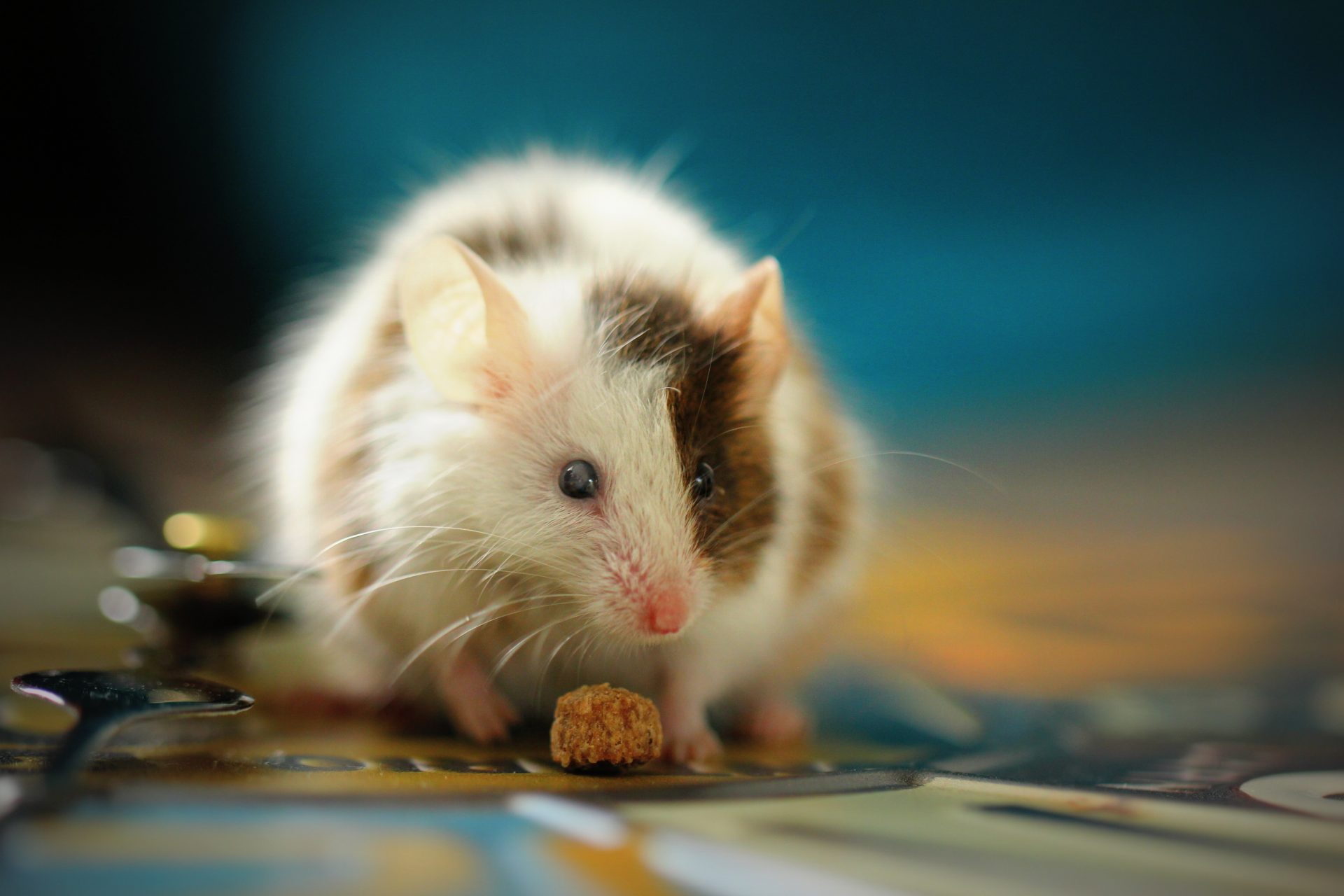Bitter tastes could be a sign that you're sick
Bitter tastes in your mouth could be a sign there’s something seriously wrong with your health according to new research from Monell Chemical Sense Center that investigated the relationship between how mice perceive taste and their immune functions.
Researchers discovered the mechanism behind why a bad taste can be a sign of illness by looking at the behavior of mice after they were given a compound that produced high levels of bodily inflammation similar to bacterial infections.
The compound is called lipopolysaccharide and researchers noticed mice that had been given the inflammatory chemical showed a “distinct aversion to bitter tastes” that wasn’t present in mice that had not been treated with the compound.
Researchers decided to investigate what was causing the aversion to bitter tastes and discovered through the use of a nerve experiment that the aversion began in the taste buds and not the brain according to a news release on the research.
Photo Credit: Unsplash by Sandy Millar
“Our study had very clear data showing this is actually a change at the peripheral level, not deep in the brain,” explained study author Hong Wang, which confirmed that genes play a role in warping our taste buds when we experience certain kinds of inflammation.
Photo Credit: Monell Centre Press Release
The research has important implications for patients according to a press release from Monell Centre, which pointed out that bitter tastes can affect people’s appetites and are a leading reason behind why some patients don’t take their prescribed medication.
“When people are sick they often do not feel like eating. This can affect even humans’ love for sugary treats, as other studies have noted,” the press release stated. “These results potentially indicate a protective behavior with a biological or evolutionary basis.”
Bitter taste receptors are encoded by genes known as Tas2r and their role is to defend our bodies against bacterial infections and parasites in our mouths and guts according to the press release, but this process really isn’t well understood by science it added.
This study also could have a big impact on research aimed at creating more effective bitter blocks that can be included in medicines and other health products. Wang said that the “spectrum of the bitter taste receptor expression is not uniform.”
The research has important implications for patients according to a press release from Monell Centre, which pointed out that bitter tastes can affect people’s appetites and are a leading reason behind why some patients don’t take their prescribed medication.
More for you
Top Stories























